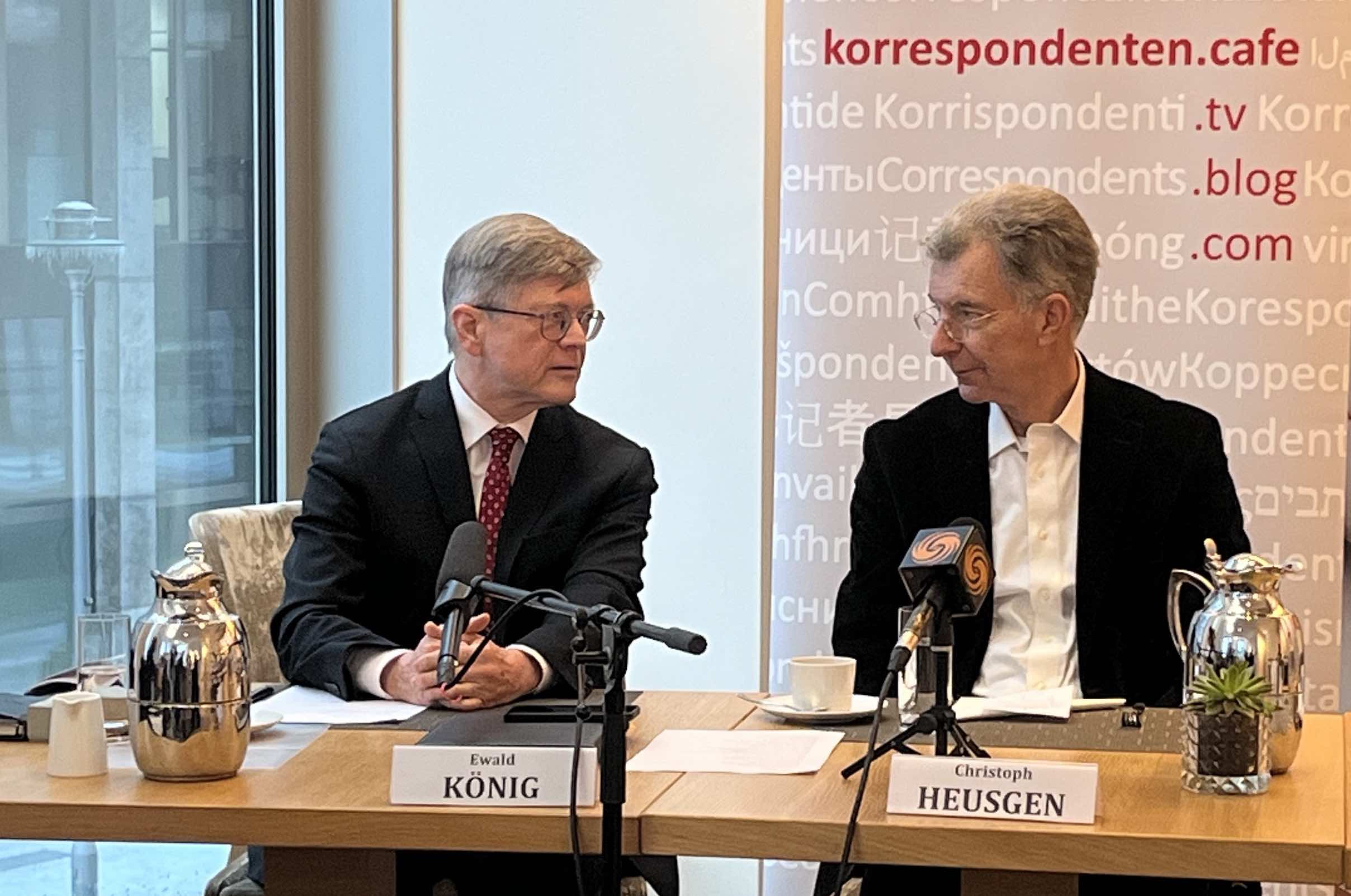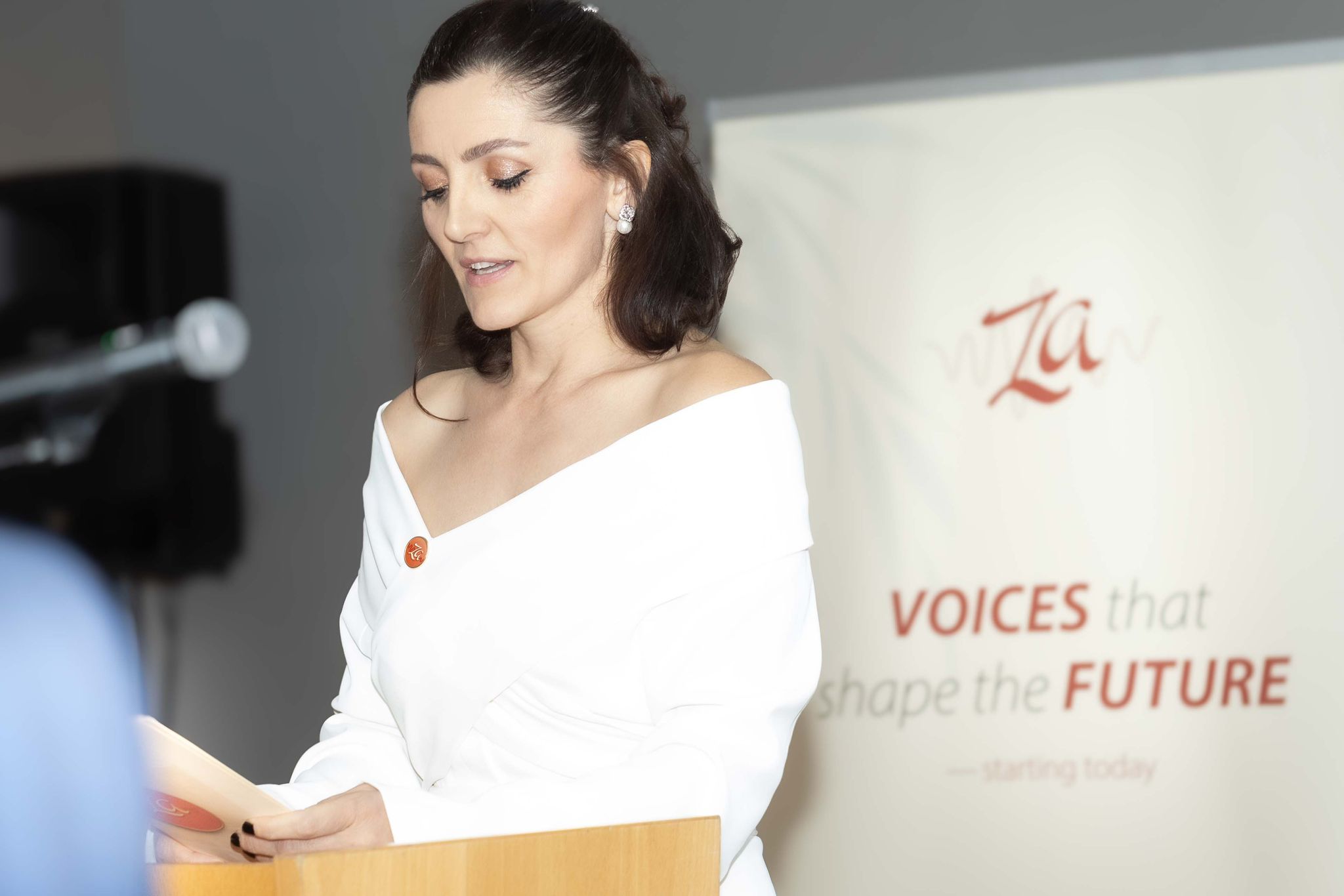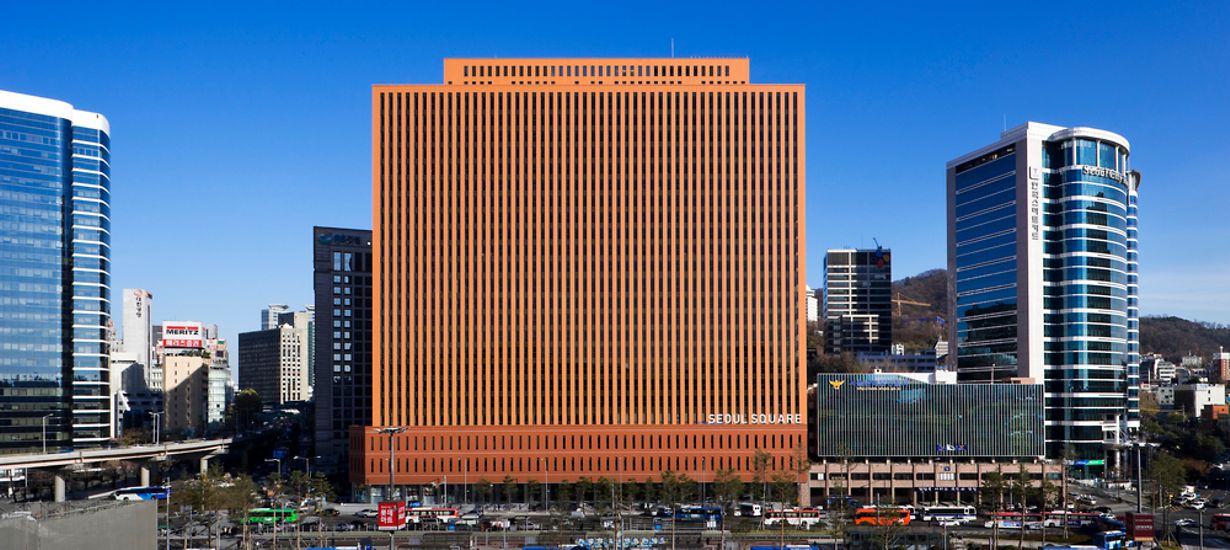diplo.news
Congratulations! But for what?
Column by Ewald König

When it was Herman Van Rompuy's turn in Aachen in 2014, I (as former editor-in-chief of EurActiv.de) was invited by the Aachener Zeitung to write a commentary. Van Rompuy was the Belgian politician who held the newly created office of EU Council President.
Back then, it was obviously difficult for the Charlemagne Prize Board to find a brilliant description of the man. He was said to prefer to work in the background and be a pragmatist. The award praised how he was filling his new office “with great integrity and integration power” and thus making a significant contribution to the consolidation and development of the United Europe.
Honoring Van Rompuy as a “man of quiet sound,” “master of balance,” and “tireless worker,” was a dull reason for the once so prestigious Charlemagne Prize. Van Rompuy simply did the job he was told to do. So you can also get the prize for going to work in Brussels and doing your job. An office that is highly paid anyway. The President of the Council of the EU received a higher income for his work than US President Barack Obama at the same time. For an activity that not only sparked enthusiasm, which may also be due to the construction of this office.
I now have to think back to Herman Van Rompuy when I hear the words of praise about Ursula von der Leyen. Yes, she is not doing her job poorly; yes, she has a lot of unexpected challenges to overcome; yes, she is the face of the EU. But that is her job, for which she was chosen and is not poorly paid at all.
The Charlemagne Prize should not be awarded in the middle of the work process, but should be a tribute to life's work, for proven and successful ambitious, visionary, convincing, courageous European commitment. In general, prestigious awards are often handed out too early, when a life's work has not yet been completed or has not even really begun.
The ceremony in Aachen at least offered an opportunity to assess Europe's position and to look to the future. There was no lack of fine words, urgent reminders and distinctive declarations of intent, neither in the laudatory speech by Federal Chancellor Friedrich Merz nor in the keynote speech by Spain's King Felipe VI or in the prize winner's answer.
Von der Leyen predicted that a new international order would emerge within this decade, and this new order must be shaped by Europe. That sounds pretty self-confident. In fact, however, it seems to me that the EU is far from being able to help or even shape a new international order. I can think of little that would enable the EU to do so. Bad news in common foreign policy, security policy, migration policy. Crises and conflicts everywhere you look — and the EU often plays no role other than that of the observer as to how other powers intervene and intervene.
The words of Aachen — which have already been heard so often — must finally become action. These actions result in renewed trust in European leadership and, as a result, more European enthusiasm. But not by awarding awards to personalities who simply do their job.




